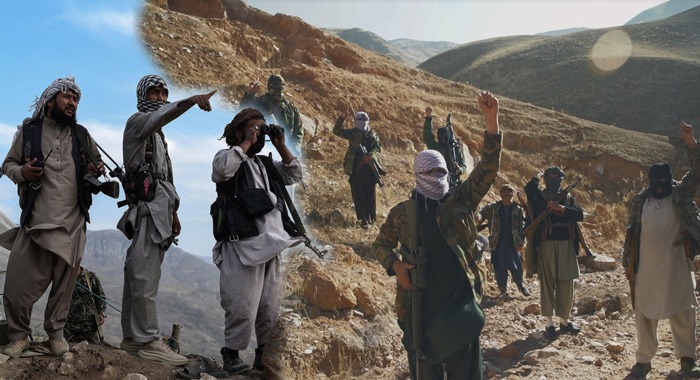Nearly four years after the Taliban’s return to power, Afghanistan teeters on a knife’s edge, caught between a tenuous calm and a resurgence of deadly violence that threatens not only its own stability but the security of the broader region.
After the dramatic U.S. withdrawal in 2021, an initial dip in violence offered a brief window of peace for a war-weary Afghanistan. But today, the Taliban face mounting internal and external challenges that are undermining their grip on power. Dual insurgencies, one driven by the Islamic State’s Khorasan Province (IS-KP), and another led by the National Resistance Front (NRF) and other remnants of the former Afghan regime, have gained momentum in key regions.
These insurgent forces, joined by transnational jihadist elements like al-Qaeda, continue to contest the Taliban’s claim of absolute control, exposing fractures in their governance and military capabilities.
For neighboring Pakistan, the consequences are deeply concerning. The resurgence of the Tehreek-e-Taliban Pakistan (TTP), operating freely from Afghan territory, has translated into a spike in cross-border attacks targeting Pakistani civilians and security forces. Islamabad has issued repeated warnings to the Taliban, urging them to crack down on all militant groups operating within Afghanistan’s borders—especially those actively threatening Pakistan’s internal security.
The Taliban’s inability, or unwillingness, to do so has strained relations. The 2022 U.S. drone strike that killed al-Qaeda leader Ayman al-Zawahiri in a Kabul safehouse only deepened international suspicions that the Taliban continue to shelter global terrorists, despite their public assurances.
From Amnesty to Repression
While the Taliban had pledged amnesty for former government employees and vowed not to allow Afghan soil to be used for terrorism, their behaviour on the ground tells a different story. Human rights groups and local communities report frequent cases of arbitrary arrests, extrajudicial killings, and ethnic profiling، especially against minorities like Hazaras and Tajiks.
These heavy-handed tactics are pushing more people toward insurgent groups, fueling a cycle of violence and eroding public trust. Many Taliban checkpoints in rural areas have reportedly been dismantled due to manpower shortages, forcing the group to concentrate its forces in urban centres where their popularity is already under strain.
The Taliban’s biggest military threats now lie in Afghanistan’s northern and eastern provinces, where IS-KP has become increasingly aggressive. In some cases, IS-KP has even launched cross-border attacks into Central Asian states, prompting alarm among regional and international actors who fear Afghanistan could again become a base for transnational jihad.
Pakistan’s Strategic Dilemma
Islamabad, facing a rising death toll from TTP attacks, continues to call for a joint response to the threat. Senior Pakistani officials argue that a secure and cooperative Afghanistan is essential for regional peace, and have urged Kabul to expel TTP fighters or face consequences.
“If the Taliban can’t contain groups like TTP or IS-KP, Pakistan will have no choice but to protect its borders through defensive measures,” a Pakistani security official said.
The Need for Measured International Engagement
Some international analysts caution against returning to a policy of drone warfare or hardline proxy confrontations in Afghanistan, noting that such approaches could backfire, driving the Taliban into closer alliance with extremist networks.
Instead, experts recommend a balanced strategy: pressuring the Taliban diplomatically while offering structured cooperation in areas like arms control, border monitoring, demining, and counter-extremism training. Pakistan has supported these measures, including intelligence-sharing frameworks and investment in surveillance technology along the Durand Line to curb militant infiltration.
As the de facto rulers of Afghanistan, the Taliban now face a defining choice: continue down a path that invites further isolation and violence, or adopt a more responsible approach that prioritizes peace, accountability, and regional cooperation.
Their ability to govern effectively, hold their own ranks accountable, and protect civilians from abuse will shape not just the future of Afghanistan, but the stability of South and Central Asia as a whole.
The coming months may well determine whether Afghanistan steps toward meaningful reform or slips back into the chaos of its past. The region, and particularly Pakistan, will be watching closely.





